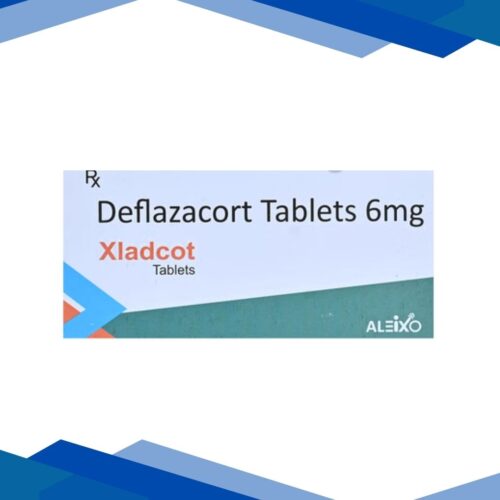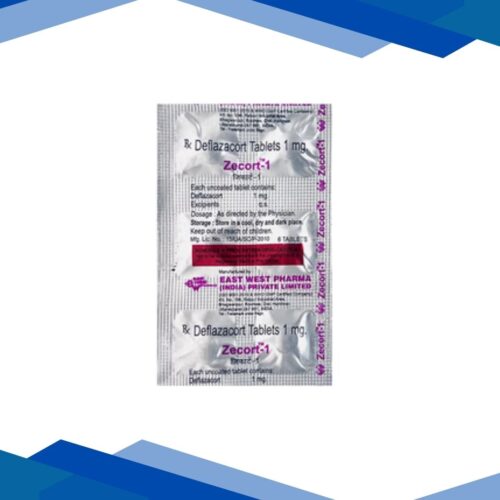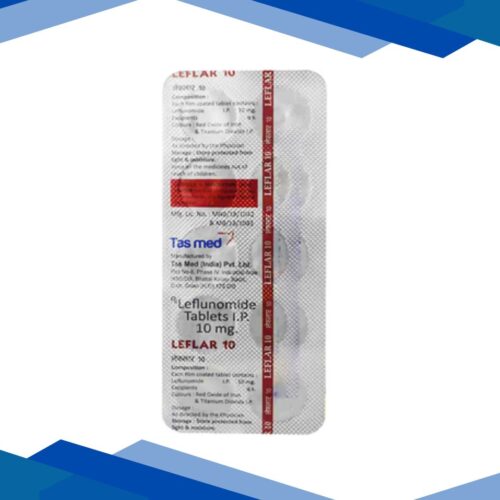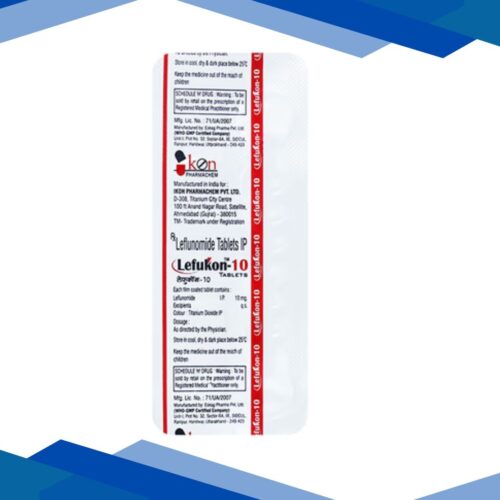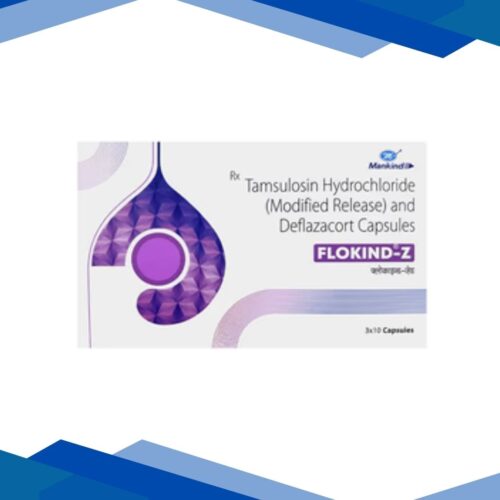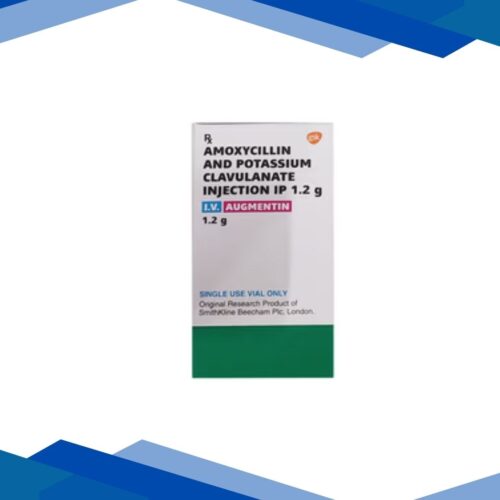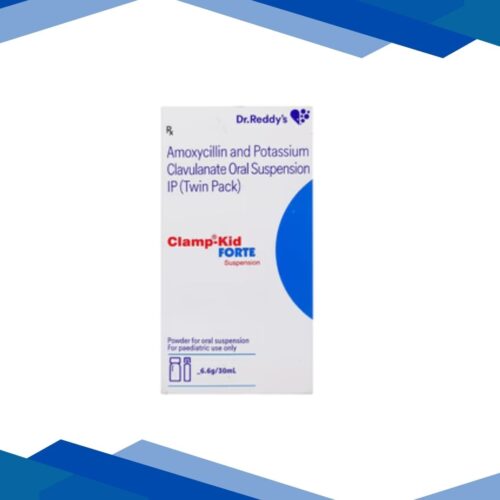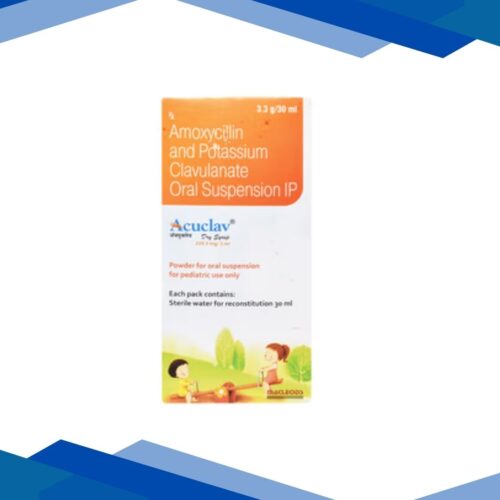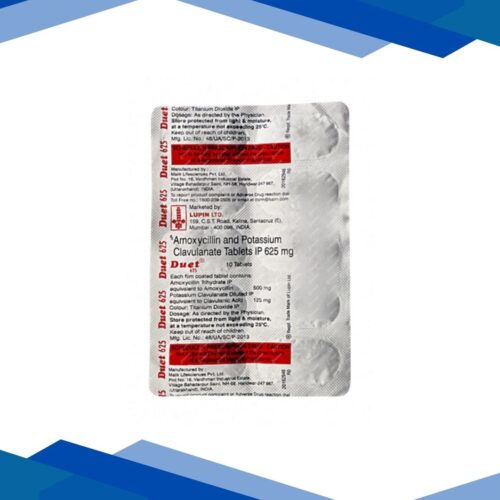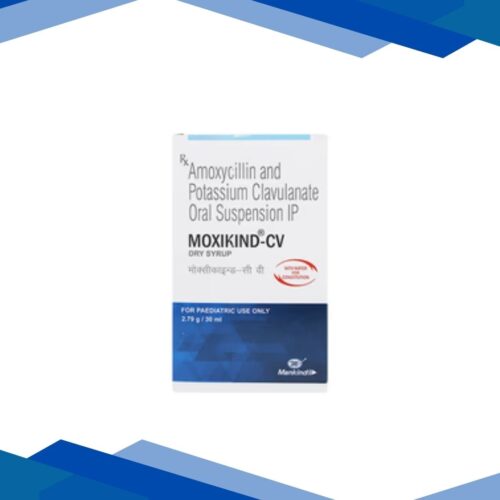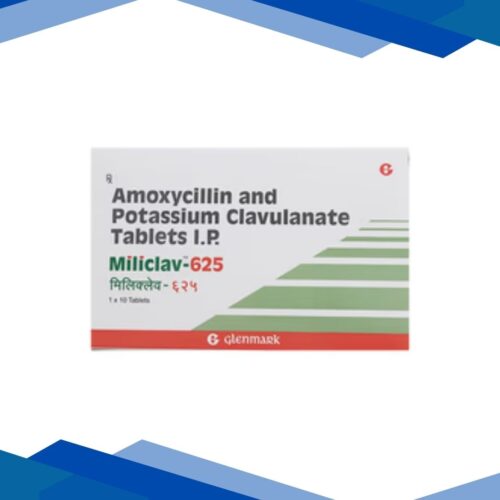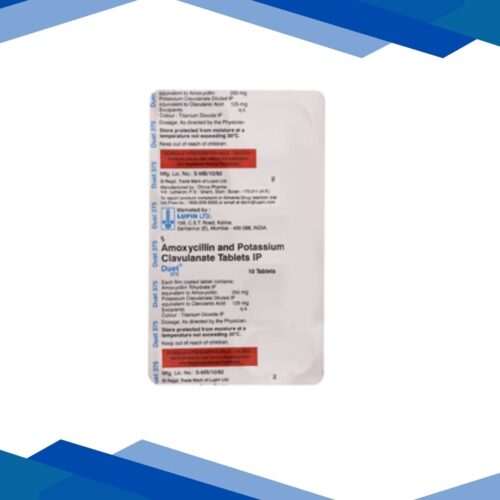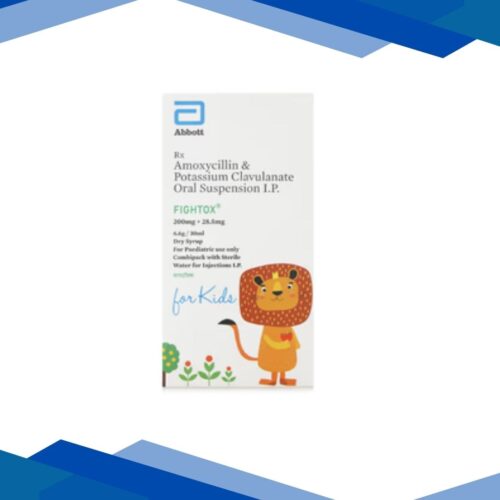FLOKIND Z Capsule 10’s
Aristomox CV 625
No Prescription yet? Don’t worry! Click Here to Get Online Consultation
Why Prescription is Required?
✅ Providing Right Medicines
Prescriptions are complex documents. We proofread and recheck at various steps to provide you the right medication in the correct form and dose.
⚖️ Helps Comply with the Law
Most medicines cannot be sold without a valid prescription, as per the Drugs and Cosmetics Act, 1940 and Rules, 1945.
Book Appointment with Doctor
Amoxicillin is a pencillin antibiotic.clavulanic acid it works by stop growth of bacteria in body
Amoxicillin
AMOXICILLIN
Overview:
Amoxicillin is one of the most commonly prescribed antibiotics. It’s used to treat a wide variety of bacterial infections—from throat infections and earaches to chest infections and even urinary tract infections. It’s well-tolerated by most people and is often prescribed for both adults and children.
Classification: Penicillin-type antibiotics.
Uses:
Amoxicillin helps treat infections caused by bacteria, including:
Throat and tonsil infections (like strep throat)
Ear infections (especially in children)
Sinus infections
Chest infections (like bronchitis and pneumonia)
Urinary tract infections (UTIs)
Dental infections
Some skin infections
Sometimes used to treat H. pylori infection (with other medicines) in the stomach
How It Works:
Amoxicillin works by interfering with the bacteria’s ability to build its cell wall. This weakens and eventually kills the bacteria, helping your body get rid of the infection. It does not work against viruses (like the common cold or flu).
Side Effects:
Common side effects may include:
Nausea or upset stomach
Diarrhea
Mild skin rash
Less common but more serious:
Severe allergic reaction (swelling, rash, difficulty breathing—seek medical help immediately)
Clostridium difficile–associated diarrhea (persistent, watery or bloody stools)
Liver problems (rare)
Precautions:
Let your doctor know if you are allergic to penicillin or other antibiotics like amoxicillin, ampicillin, or cephalexin.
Take the full course—even if you feel better before it’s done. Stopping early can lead to the infection coming back or bacteria becoming resistant.
If you develop a rash, itching, or trouble breathing, stop the medication and seek medical help right away.
Inform your doctor if you have kidney disease or mononucleosis (“mono”), as these may affect how the drug is used.
Can be safely used in pregnancy and breastfeeding under a doctor’s supervision.
Disclaimer:
This content is for informational purposes only. Always consult a healthcare provider for medical advice and proper dosage
Clavulanic Acid
CLAVULANIC ACID
Overview
It is an antibiotic that helps your body fight infections caused by bacteria. It is used to treat infections of the lungs (e.g., pneumonia), ear, nasal sinus, urinary tract, skin, and soft tissue. It will not work for viral infections such as the common cold.
Classification
Antibiotics
Uses
Amoxicillin and clavulanate combination is used to treat bacterial infections in many different parts of the body (eg, ear, lungs, sinus, skin, urinary tract)
How it works
Clavulanic acid inactivates some beta-lactamase enzymes that are produced by bacteria, therefore preventing enzymatic destruction of amoxicillin. This helps to treat a variety of bacterial infections which would otherwise be resistant to antibiotics without the addition of clavulanic acid.
Dosage
As directed by the physician
Precautions
You should not use amoxicillin and clavulanate potassium if you have severe kidney disease, if you have had liver problems or jaundice while taking this medicine previously, or if you are allergic to any penicillin or cephalosporin antibiotic, such as Amoxil, Ceftin, Cefzil, Levaquin, Moxatag, Omnicef, and others.
If you switch from one tablet form to another (regular, chewable, or extended-release tablet), take only the new tablet form and strength prescribed for you. Amoxicillin and clavulanate may not be as effective or could be harmful if you do not use the exact tablet form your doctor has prescribed.
Amoxicillin and clavulanate potassium can pass into breast milk and may harm a nursing baby. Do not use this medication without telling your doctor if you are breast-feeding a baby.
Amoxicillin and clavulanate potassium can make birth control pills less effective. Ask your doctor about using a non-hormone method of birth control (such as a condom, diaphragm, spermicide) to prevent pregnancy while taking this medicine.
Side effects
Call your doctor at once if you have:
severe stomach pain, diarrhea that is watery or bloody (even if it occurs months after your last dose);
pale or yellowed skin, dark colored urine, fever, confusion or weakness;
loss of appetite, upper stomach pain;
little or no urination; or
easy bruising or bleeding.
Common amoxicillin and clavulanate side effects may include:
nausea, vomiting; diarrhea;
rash, itching;
vaginal itching or discharge; or
diaper rash.
Disclaimer
This content is for informational purposes only. Always consult a healthcare provider for medical advice and proper dosage.
